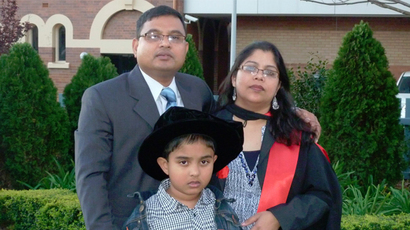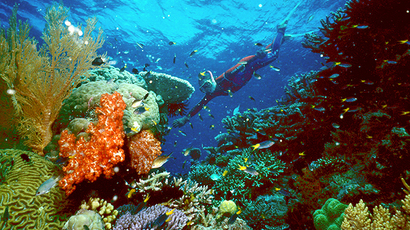Aussie state gives police power to disperse protests pre-emptively
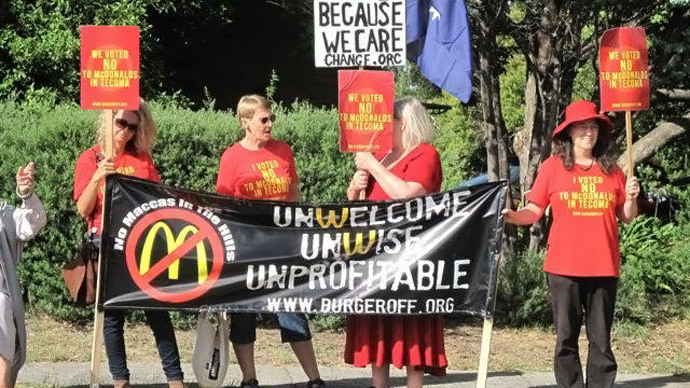
The Australian state of Victoria’s parliament passed a bill giving police power to suppress protests, including ordering a rally to move on based on a suspicion that it may turn violent. Opponents call the powers excessive and undemocratic.
The Summary Offences and Sentencing Amendment Bill passed through the upper house of the Victorian parliament on Wednesday morning. It will give state police the power to order protesters to disperse if they are blocking the entrance to a building, disrupting traffic, of if the police ‘expect’ protesters to turn violent.
A ‘move on’ order may be issued to people suspected of committing an offense within the previous 12 hours who return to the public place that police are trying to clear. Failure to comply may result in arrest and a AU$720 (US$650) fine.
Under the new law police would also be able to obtain exclusion orders banning protesters from certain public places for a period of up to 12 months. Violating such an order carries a maximum jail term of two years.
The bill was opposed in the parliament by Labor and Green parties, with Green MP Sue Pennicuik calling it “an absolute assault on the democratic right of Victorians to protest – whether it be on the streets or on public land – about issues of concern to them.”
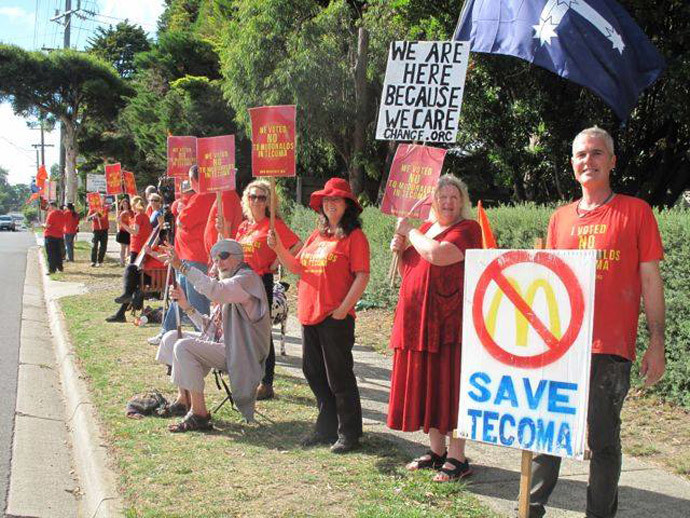
Similar concerns were raised by some protest and human rights groups.
“It's just a stab in the heart to free speech,” Garry Muratore, an activist campaigning to stop McDonald's building a fast-food outlet in Tecoma in the Dandenong Ranges, told the Age newspaper.
''This is Joh Bjelke-Petersen stuff,'' he added in a reference to a former controversial conservative premier of the Australian state of Queensland, whose economically prosperous 19 years in office were marred by heavy-handed dealing with protesters and political corruption among officials.
Friends of the Earth spokesman Cam Walker also slammed the bill, saying it would be “irony in the fullest sense” if it were used against farming communities opposed to gas exploration, a cause his group supports.
“We don't know how much discretion will be used by police. It puts fear into average community members who are not activists who feel compelled to protect their communities against gas drilling,” he said.
Proponents defend the legislation, saying Victoria Police need extra powers to deal with some situations, including the regular anti-abortion protests outside the Melbourne fertility control clinic, an issued that the state capital’s council had difficulty addressing in the past, or the protest trying to hamper construction of the East West Link toll road, which critics believe to be a case of misspending public funds.
The laws would give Victoria Police the power to issue move-on orders to protesters who “deliberately seek to stop people going about their lawful business,” argued Attorney-General Robert Clark.
They would not affect “Victorians' rights to engage in lawful and peaceful protest to express their views,” he said.
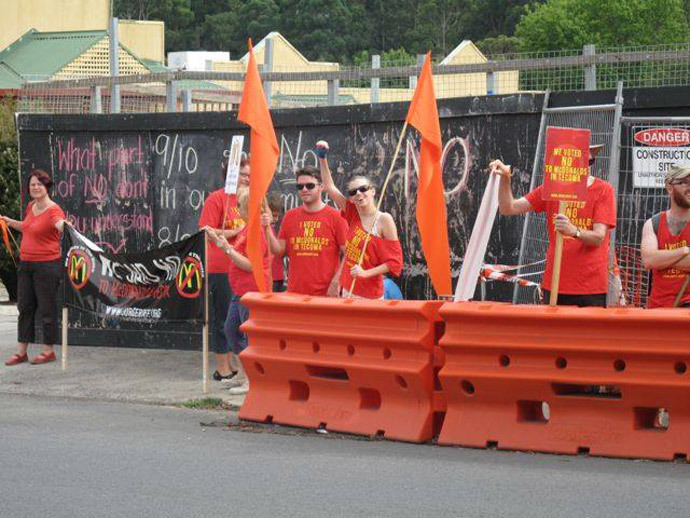
Ironically, as the bill was debated on Tuesday night, a group of 20 activists were told to leave the chamber’s public gallery after they started chanting and yelling in a protest against the bill. Four of the protesters were arrested for refusing to move on.
After the disturbance Health minister David Davis called on President Bruce Atkinson to “review security at Parliament House and ensure members can conduct debate in peace and without threats or thuggish behavior.”
Victoria is the second most populous of Australia’s six states. The capital, Melbourne, is home to over 4 million people.













